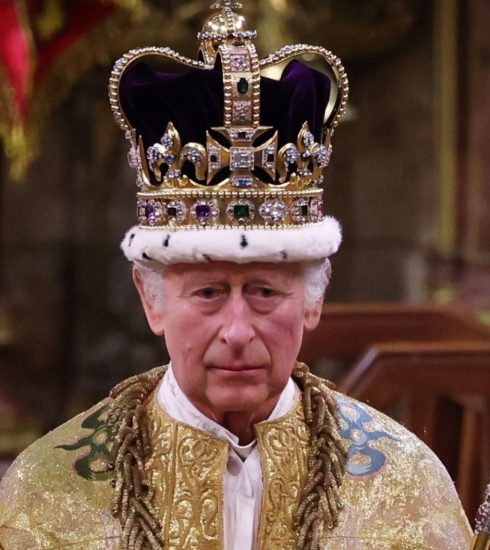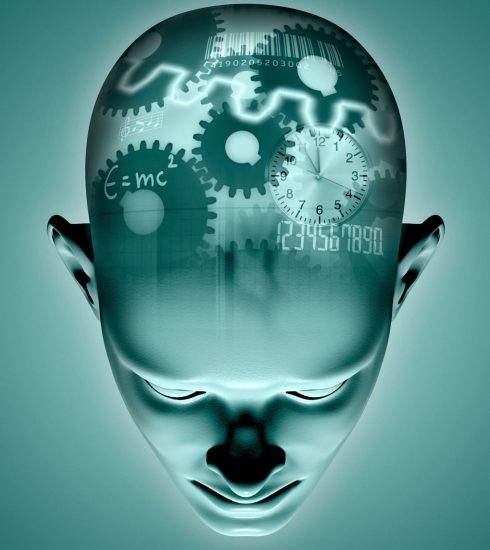Education for All: Addressing Accessibility In Nigeria
The International Day of Education was celebrated on the 24th of January 2024. As we celebrate, we must focus on the core problem of ensuring that everyone in Nigeria has access to education. All people should have access to education as it is a fundamental right, regardless of their circumstances or background. The pursuit of comprehensive education in Nigeria is beset with several obstacles, from socioeconomic divides to gender inequalities. This article dives into the core of these problems, exploring significant barriers and potential solutions while highlighting ongoing initiatives and organisations that aim to ensure that everyone in Nigeria has access to education.
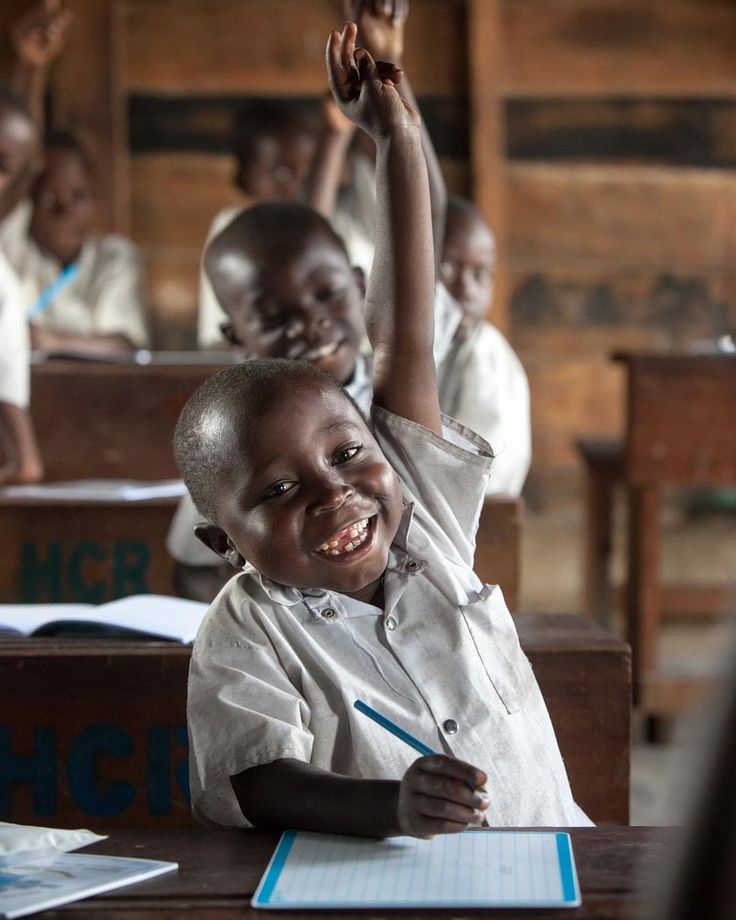
CHALLENGES IN EDUCATION ACCESSIBILITY IN NIGERIA
(1) LACK OF AWARENESS
Policymakers, teachers, and parents in Nigeria are not sufficiently aware of the advantages of inclusive education and the educational rights of students with disabilities, which poses a significant obstacle to inclusive education in the country. Instead of seeing disabled children as valued members of society who should have equal access to education, many people still have negative attitudes toward them and see them as a burden or problem. For children with disabilities, this ignorance may result in prejudice and exclusion from conventional educational environments.
(2) LIMITED INFRASTRUCTURE
Nigeria’s poor infrastructure, especially in rural regions, presents a significant barrier to providing accessible education. Basic amenities like electricity, clean water, and classrooms are lacking in many schools, making the atmosphere unsuitable for learning. This harsh reality impedes the educational experience of pupils in remote areas, who are disproportionately affected.
(3) INSUFFICIENT FUNDING
In Nigeria, access to education is severely hampered by financial limitations. Lack of resources, such as textbooks, instructional materials, and qualified teachers, is a consequence of insufficient funding for the education sector. The differences in school quality between urban and rural locations are made worse by this financial divide.
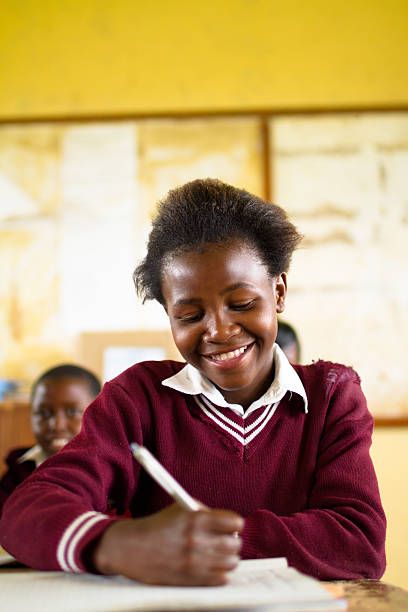
(4) SOCIO-CULTURAL BARRIERS
Particularly for girls, ingrained socio-cultural norms can impede access to education. Prevalent gender stereotypes, early marriages, and cultural expectations may cause higher dropout rates among female students. For many people, this restricts their access to education and feeds the cycle of inequality.
(5) LACK OF COORDINATION
A lack of collaboration between various government departments and non-governmental organisations may hamper the implementation of inclusive education. Confusing and ineffective outcomes could result from obligations that overlap or clash. Effective policies and programs may sometimes be difficult to design and implement due to a lack of cooperation and communication among various parties.
(6) GEOGRAPHICAL DISPARITIES
Nigerian educational resources are distributed unevenly geographically, favouring metropolitan areas over rural ones. This difference causes children living in remote areas to have restricted access to high-quality education, which feeds the cycle of educational inequality.
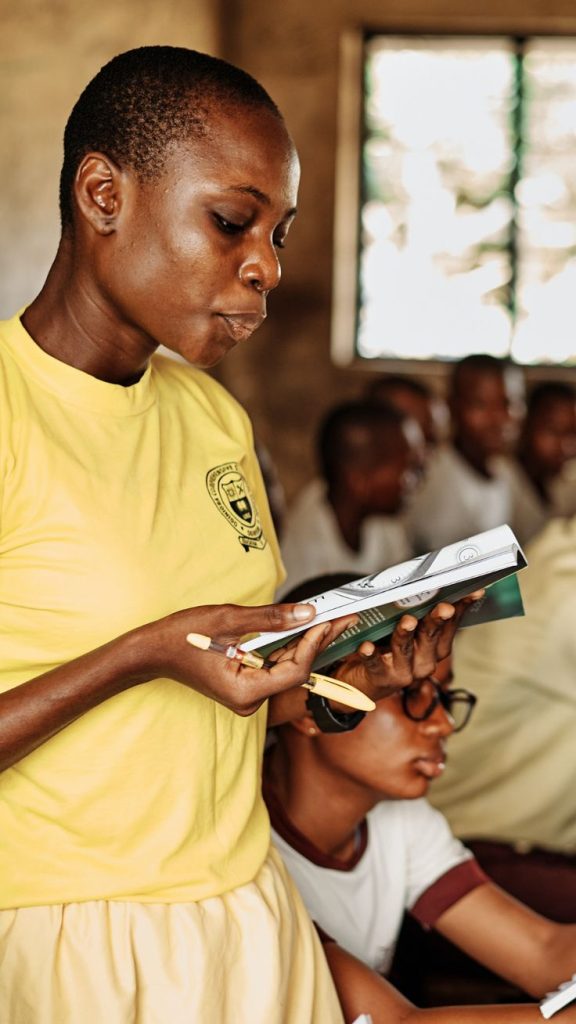
SOLUTIONS TO EDUCATION ACCESSIBILITY IN NIGERIA
(1) INFRASTRUCTURE DEVELOPMENT INITIATIVES
Focused infrastructure development is necessary to address Nigeria’s infrastructure problem in the education system. Establishing clean water and sanitary facilities, creating schools, and supplying dependable electricity should all be top priorities. Establishing and maintaining these efforts can be greatly aided by collaborations between public and private sectors, as well as NGOs.
(2) INCREASED BUDGETARY ALLOCATION AND ACCOUNTABILITY
A commitment to higher educational budgetary allocations is necessary to address the financing issue. It must also be ensured that the funds are used for their intended purposes by putting accountability and transparency procedures in place for money use. A further way for the government to close the budget deficit is by promoting public-private partnerships.
(3) COMMUNITY ENGAGEMENT AND AWARENESS PROGRAMS
Community engagement is essential to overcoming socio-cultural barriers. It is possible to progressively change society’s perceptions by putting awareness initiatives that emphasise the value of education for all people, regardless of gender. Building a culture that values and encourages education for every child can be greatly aided by cooperation with influencers, religious organisations, and community leaders.
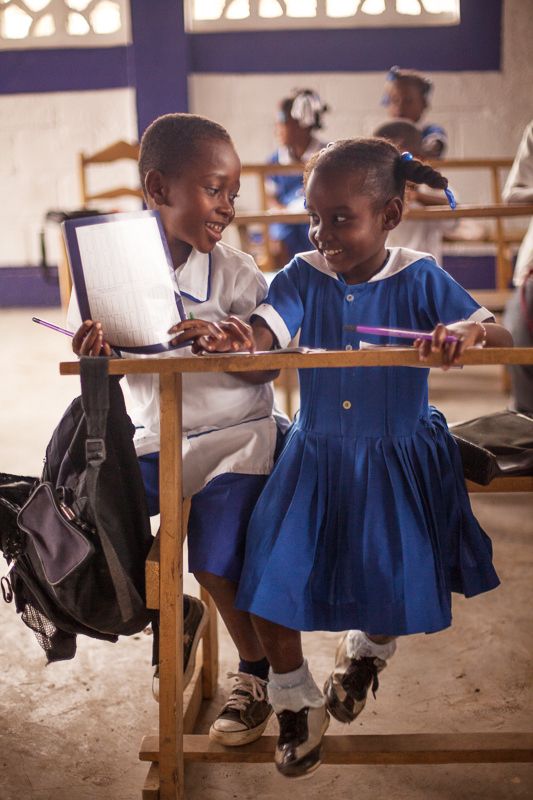
(4) CONTINUOUS PROFESSIONAL DEVELOPMENT PROGRAMS
Implementing programs for teachers’ continuous professional development is a comprehensive strategy for tackling the issue of incompetence among teachers. Enhancing teaching abilities, implementing cutting-edge pedagogies, and giving educators the resources they need to adjust to the changing nature of education should be the main goals of these programs. The execution of such initiatives can be aided by cooperation with NGOs and educational institutions.
(5) MOBILE EDUCATIONAL UNITS AND TECHNOLOGY INTEGRATION
Mobile educational units can be used to close geographic gaps and provide education to isolated areas. Incorporating technology into the curriculum can also facilitate virtual learning opportunities, giving students access to educational materials even in places with inadequate physical infrastructure. This strategy may contribute to the creation of a more equitable distribution of educational opportunities.
(6) INCLUSIVE EDUCATION POLICIES AND INITIATIVES
The adoption of an inclusive education policy is essential to addressing the issue of children with special needs not having proper access to education. This entails giving teachers additional training so they can accommodate students with a variety of needs and fostering a supportive environment inside regular schools. Working together with advocacy groups and disability organisations can help create and carry out these inclusive policies in an efficient manner.
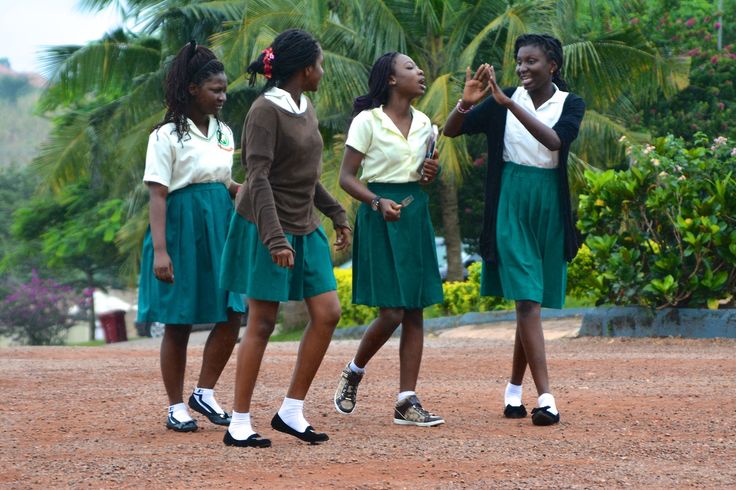
ONGOING INITIATIVES AND POLICIES
The Nigerian government has recently introduced several education-related programs to raise educational standards and expand educational opportunities for all citizens.
Some of the notable education initiatives in Nigeria include:
(1) THE UNIVERSAL BASIC EDUCATION (UBE) PROGRAM
The objective of this government program is to give all Nigerian children between the ages of six and fifteen free, obligatory, high-quality education. Enhancing the quality of education, expanding educational opportunities, and guaranteeing that every child has the chance to learn fundamental reading and numeracy abilities are the goals of the UBE program.
(2) THE TERTIARY EDUCATION TRUST FUND (TETFUND)
This government organisation was set up to finance the advancement of higher education in Nigeria. In Nigerian universities, polytechnics, and colleges of education, the TETFund finances research and development, infrastructural development, and the provision of teaching supplies and equipment.
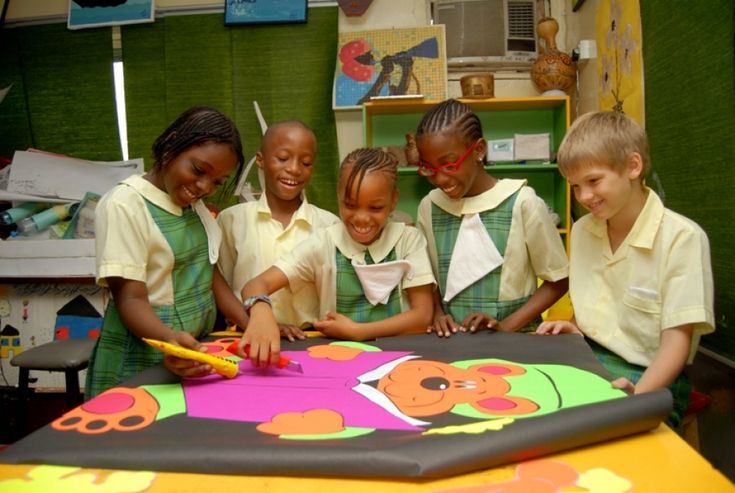
(3) THE BACK-TO-SCHOOL INITIATIVE
The goal of this program is to persuade kids who have stopped attending school to go back. To encourage kids to go back to school and finish their education, the initiative offers free education, school supplies, and other forms of support.
(4) GIRL CHILD EDUCATION
Encouraging more girls to register in school is the goal of certain programs like the Girls’ Education Project. These initiatives actively strive toward gender equity in education by offering mentorship programs and scholarships and eradicating cultural barriers.
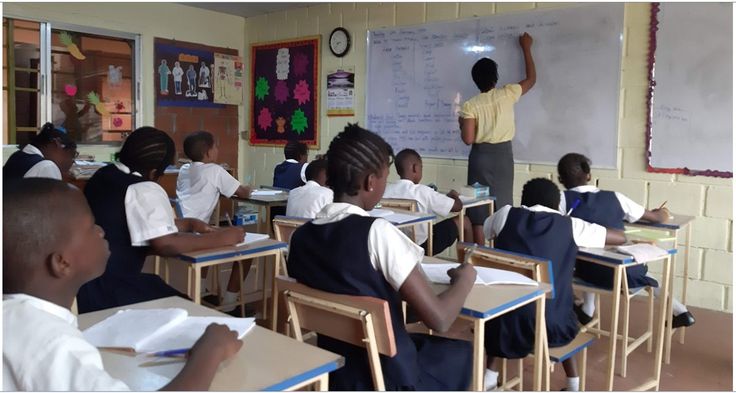
FIVE AMAZING ORGANISATIONS TRANSFORMING EDUCATION IN NIGERIA
(1) LAGOS FOOD BANK INITIATIVE (LFBI)
To combat hunger and poverty, Lawyer Micheal Sunbola established LFBI in 2015. The organisation provides the most vulnerable members of [Nigerian] society with wholesome food, essential healthcare services, and self-sustenance programs.
Students impacted by food insecurity are intended to benefit from improved nutritional status and overall health through one of LFBI’s programs, the Education Enhancement Intervention for Food Insecure Students (EDUFOOD). Additionally, it seeks to lower dropout rates, boost student attendance, and improve focus and comprehension in the classroom.
The EDUFOOD program ensures that children have access to enough food and nutrients for physical growth, cognitive development, and overall well-being, but it also helps families and caregivers save money intended for the children’s school lunches.
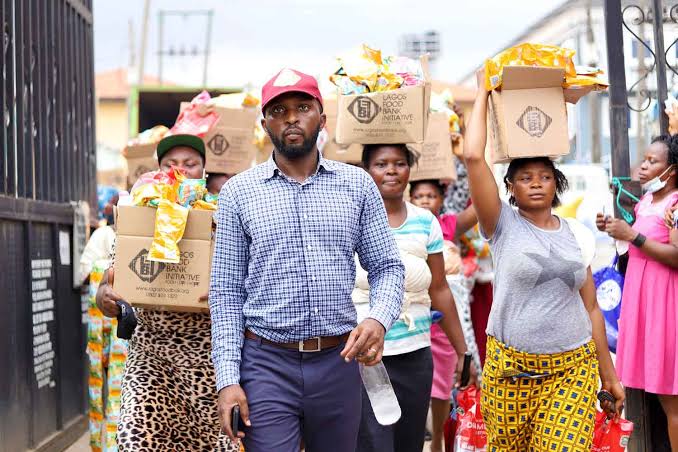
(2) DREAM CATCHERS ACADEMY
There aren’t many safe places for teenage girls in Nigeria to learn the arts, particularly if they hail from low-income neighbourhoods. For girls who are neglected and orphaned, Dream Catchers Academy for Girls offers free boarding education and performing arts training.
The organisation, which was started in 2014 by choreographer and screenwriter Seyi Oluyole, aims to use dance as a method to encourage underprivileged children, as well as children from low-income households, to attend school.
Girls can study and practice dance, music, visual arts, drama, and other artistic disciplines at the Academy. To give the girls a safe environment in which to develop. Boarding facilities are also offered, where they can get free food, clothing, shelter, and other necessities.
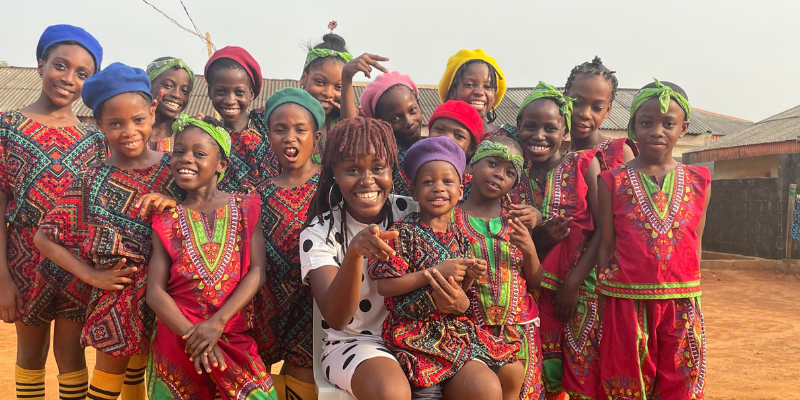
(3) SLUM2SCHOOL AFRICA
In 2018, Otto Orondaam, the founder of the charity organisation Slum2School, said, “Working with thousands of children from this community over the past six years, we have seen some of the brightest minds you could imagine”.
To help children in impoverished neighbourhoods receive an education, Orondaam established Slum2School in 2012 in partnership with businesses, governments, and private citizens. In addition to helping more than 100,000 children obtain school supplies and medical assistance, the organisation has so far awarded scholarships to over 3,000 youngsters.
Through its wide volunteer network in villages and schools to provide education for kids living in low-income areas, Slum2School also urges citizens to get involved in its goal.
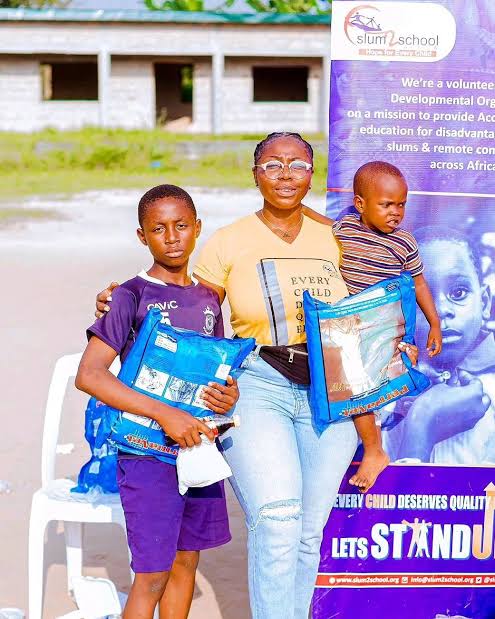
(4) DOLLY CHILDREN FOUNDATION
Many parents in Nigeria are struggling to pay for school supplies for their kids because of the country’s high rates of unemployment and poverty. The affected population is disproportionately found in rural and low-income locations.
The organisation Dolly Children Foundation works to relieve the financial burden on parents by giving school supplies, uniforms, and textbooks to underprivileged children.
The foundation not only provides school supplies for kids but also hosts weekly reading clubs to promote reading among young kids and provides primary school teachers in public schools with training and workshops.

(5) AFRILEARN
Afrilearn was established in April 2019 by Isaac Oladipupo and Gabriel Olatunji-Legend to bridge Nigeria’s digital gap.
Educators can provide Africans worldwide with top-notch education through the Afrilearn educational platform. Kids are being protected from education deprivation by Afrilearn and similar platforms.
Afrilearn collaborates with educational institutions, governments, and other groups to implement digital learning in Nigerian classrooms. Along with games and animation to make learning enjoyable for kids, they also provide teachers with resources to assist them improve their teaching, which lessens their workload.
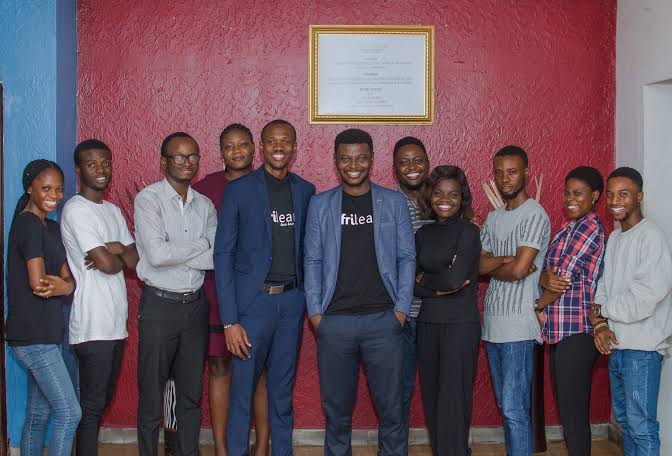
CONCLUSION
In Nigeria, achieving universal access to education necessitates a multifaceted strategy that takes into account the many obstacles that various societal groups encounter. Nigeria may make progress toward achieving inclusive education by acknowledging and aggressively addressing socioeconomic barriers, gender inequality, and difficulties in rural education. Ongoing initiatives and policies act as rays of optimism, demonstrating the determination to bring about change. To fully realise the potential of its youth and create a better future for all, Nigeria must work with its communities, the government, and international support.

Dorcas Akintoye is a versatile writer with a passion for beauty, fashion, relationships, and culinary delight. With a keen eye for detail and a passion for storytelling, she adds a touch of elegance to every topic she explores. She is a writer at THEWILL DOWNTOWN.




